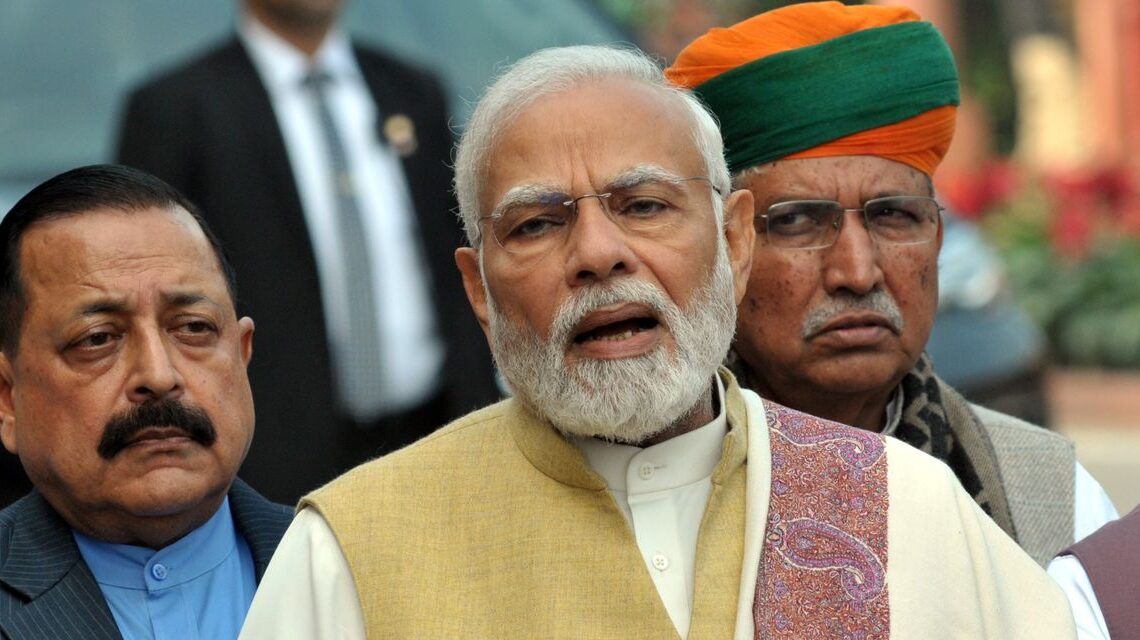It should go without saying that self-confident democracies don’t generally waste their time responding to a single media critique, but apparently India’s Prime Minister
Narendra Modi
didn’t get the message. His government invoked emergency powers late last month in an attempt to censor a BBC documentary about Mr. Modi’s fraught relationship with India’s Muslim minority. The decision backfired badly, drawing global attention to the program and reinforcing the perception that India’s ruling Bharatiya Janata Party has no respect for freedom of the press.
India has long been prickly toward Western media, especially the BBC, but stepped up coverage by foreign news outlets is inevitable as the country grows in prominence. That, combined with the large Indian diaspora in the U.K. and the U.S., has made India of more interest than ever to Western media. Some coverage will be negative, especially because of India’s departure from liberal democratic norms on issues such as religious liberty and freedom of speech. But if it wants to be taken seriously, India will need to improve its record or learn to shake off criticism.
The current imbroglio shows why. It began last month when the BBC released the first half of a two-part documentary, “India: The Modi Question.” The program aired only in the U.K. and was inaccessible online outside the country, unless you used a VPN to disguise your location or managed to access a pirated copy. Nevertheless, short clips and links to contraband copies soon began circulating on Twitter and other social-media platforms in India.
The Modi government responded as if the documentary were a lethal threat. New Delhi used a draconian information-technology law to force social-media apps, including Twitter and YouTube, to censor the clips in India. An Indian foreign ministry spokesman denounced the documentary as “a propaganda piece” that reflected “a continuing colonial mindset.” A junior minister likened watching the documentary to “treason.” In some places, the police hauled away students seeking to screen the documentary. In others, authorities reportedly cut off electricity to prevent viewings.
Pro-government media became hysterical. One prominent pundit described the documentary as “a landfill of lies, propaganda, and selectivity.” TV hosts came up with laundry lists of the BBC’s alleged perfidies,…
Click Here to Read the Full Original Article at RSSOpinion…

